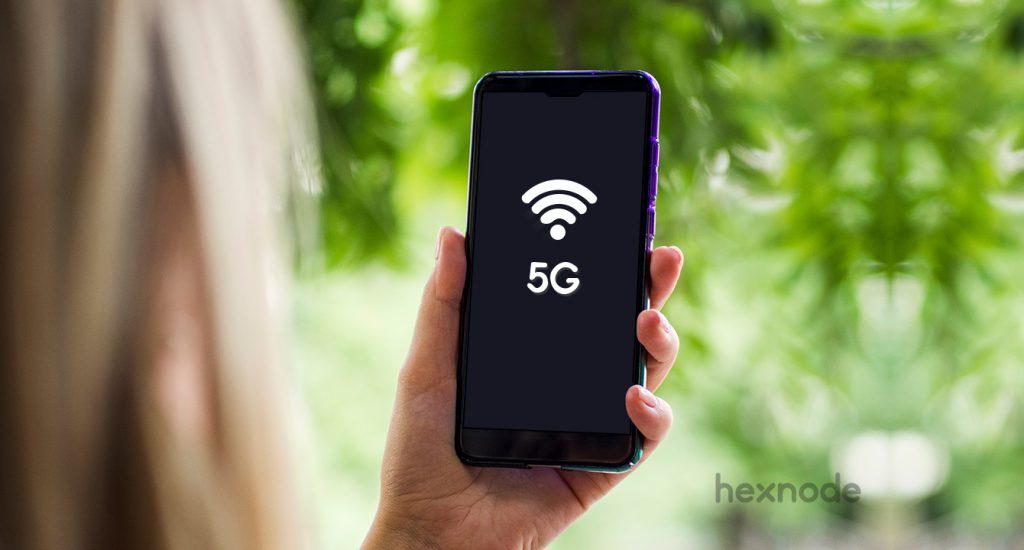The pandemic has radically changed how we view our workplace. Overnight, companies had to adopt new remote work technologies to stay afloat. The change to a completely digital workplace was almost instant, and a lot of workplaces did not have time to cope with this change and closed up. Two years later, now it boils down to work from home vs work from office scenario. When the pandemic passes, do we still continue working at home, or return to our old offices?
Companies are choosing between three main alternatives for returning to work after the pandemic: calling everyone back to the office, adopting a hybrid approach, or providing more totally remote possibilities.
Over these two years, we have grown accustomed to the new way of life and embraced the advantages of remote work. But should we move back to offices?
Positives of remote work:
One of the major pain points of going to work is the fact that you lose a significant amount of time and energy when you commute to work each day, on the other hand, corporates can save up on a lot of operational costs when people work from home.
Remote video conferencing apps like Zoom, and other technologies like Slack, ballooned in popularity. Many companies have reported completing years of digital transformation goals in just a few months.
Since the wide adoption of the internet in the early 2000’s there have always been systems in place where people could work from the comfort of their homes. Since the wide adoption of smartphones in the 2010s, there was gradually a shift towards remote work. Pandemic just made the big corporates adopt these available technologies and scale them in. A way that suits their corporate. So if we look at the silver lining, we can say that an eventual future was just fast-tracked by the Pandemic.
Remote work enables people to collaborate with people beyond the workspace. When the workforce learns to effectively collaborate using digital ecosystems, they are no longer bound by boundaries of place. They will be able to collaborate with people across different countries and share a strong bond.
Productivity
The biggest preconception that remote work has shattered is the belief that workers are less productive if they are working from home. This was proven wrong over the past year when companies reported no decline in the rate at which work was being finished. In contrast, 77% of those who work remotely at least a few times per month show increased productivity. While 30% are doing more work in less time and 24% are doing more work in the same period of time according to a survey by ConnectSolutions.
The adoption:
Employees around the world have embraced this new change and now expect their employer to at least consider a hybrid work model.
American Express has announced that they will allow most of their employees to work from home two days a week as a permanent change post-pandemic.
Salesforce has put in place strategies for employees to work from anywhere they think, they can be the most productive. This can be right in the workplace, or on a remote island in Oceania.
Confused about the nuances of implementing a remote work strategy. Download this kit to formulate the best plan of action.

Featured post
Remote work success kit
Negatives of remote work:
The workplace is regarded as the place employees come, not just to work but also to create meaningful relations with fellow employees and grow socially. Many believe, working remotely full time has affected the ability of people to have personal connections with co-workers.
When you are working from home, you tend to work on your own time. Employees tend to work at intervals that they find comfortable. By doing this workers, usually end up not having a routine. This can end up in employee burnout when they do not space their work as intended.
The feeling of “leaving the work at the workplace”
We can agree that there is a level of comfort in leaving work. Like the feeling of leaving work and all of its pressure, at the workplace. This helps the workers have a balanced work-life balance that everyone craves. When you’re working at home, your personal life and work-life are so closely intertwined that there is an easy chance for work to seep into your personal life.
Productivity
While a lot of data online can point you to situations where working from home has improved the productivity of the workers. There is a raising debate that these numbers are from the initial shift to remote work, and can be attributed to the change. The uncertainty of the pandemic when people were losing jobs made people put in extra work to stay visible and relevant.
Let’s take a step back and look at what everyone means by productivity first. A simple google search will tell you that summed up productivity is defined as “The output you get per unit of input, typically over a specific period.”
Going by this definition, it is hard to assume that employees are more productive. Since the employees might be putting in the time, they might have earlier taken for commuting. It is harder to track the number of hours employees are putting into work since, working at home changes the whole dynamic, where your work changes from a designated office to your kitchen, living room. Making it harder to draw boundaries. So, there is a chance that employees put more time into work in the initial days of working from home, but eventually experience burnout.
Office perks:
One thing that employees can consider is, they are missing out on the in-office perks. Simple things like your everyday coffee, the dedicated workspace, and stable internet. These are things that are not to be taken lightly. While some companies offer reimbursement for internet and furniture costs, for your workspace at home. That is not the case for a majority of the workers.
Building relations:
One undeniable fact is that for the most part humans require a personal connection and an offline space to understand people. While having impeccable systems in place to aid remote work is truly helpful when employees need to collaborate and work together. It is often more effective to get the work done in real-time.
Work does not just signify an employee’s deliverables to the company, it is often seen as a place to build meaningful social relationships that no computer can replace.
Work from home vs work from office: The verdict?
The choice for an employee to work from home depends on the line of work they are into. Some jobs which were made do remotely, require them to get back to normal. For eg: teaching a skill like dancing.
For cases where there is a choice, the viable choice that most corporates are looking into right now is hybrid work. Many companies have publicly announced their shift to a hybrid model.
Although there has been pressure from the workforce everywhere to implement hybrid models. At the end of the day, corporates make decisions and the work from home vs work from office debate is something corporates should closely assess before they shift back to the pre-pandemic ways.
What are your thoughts?






